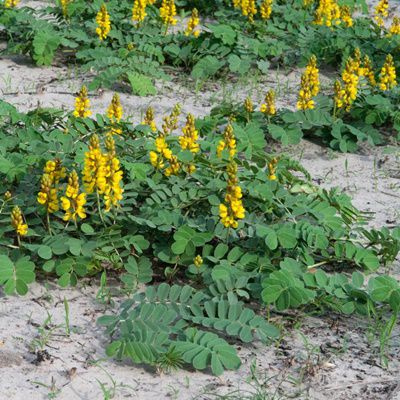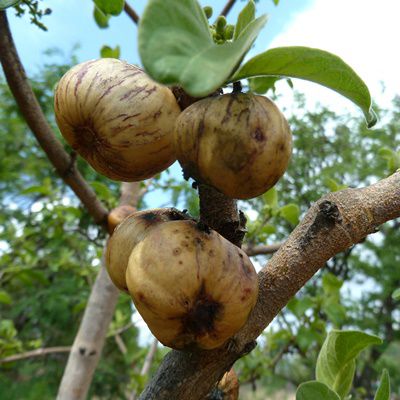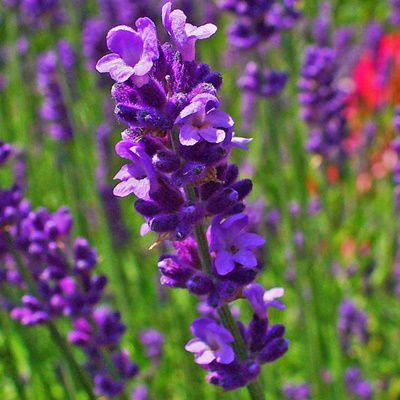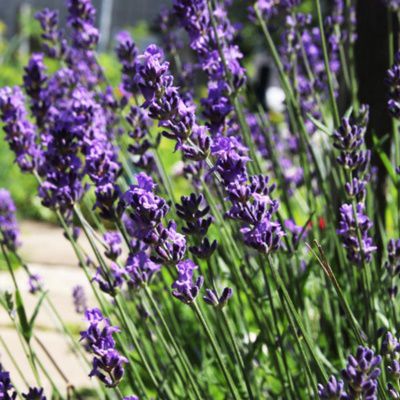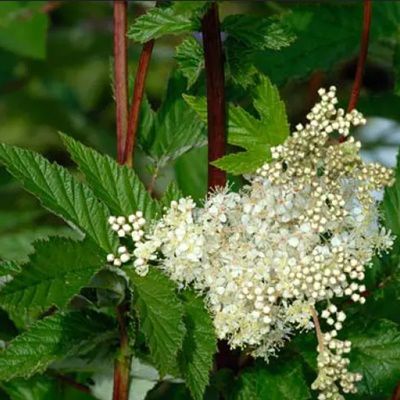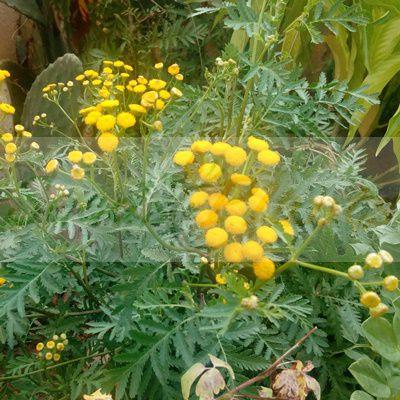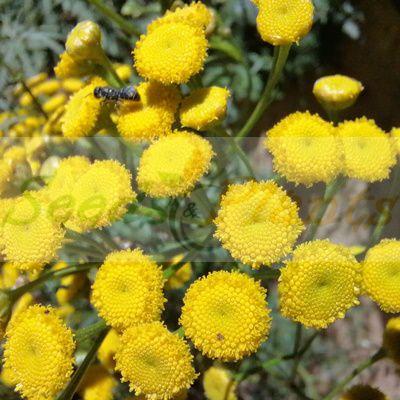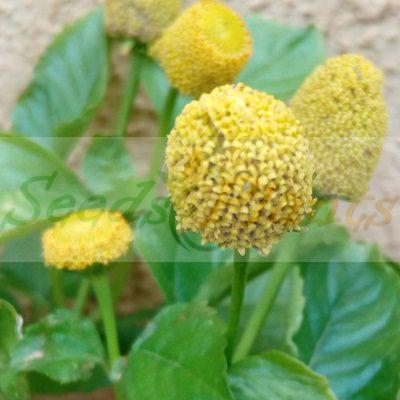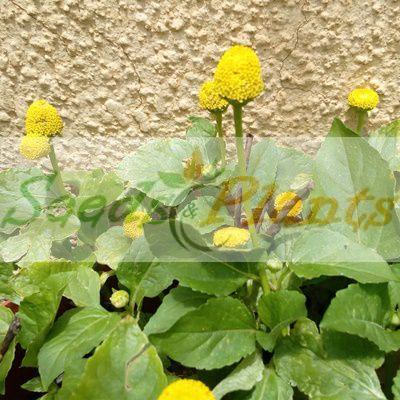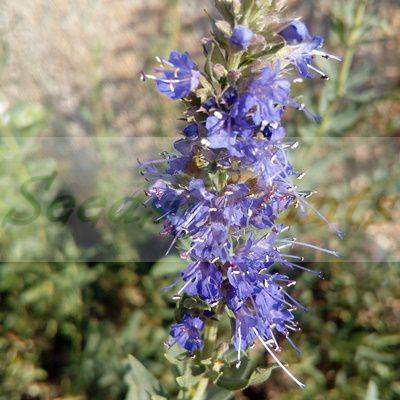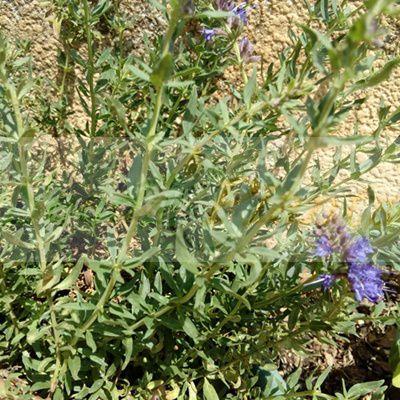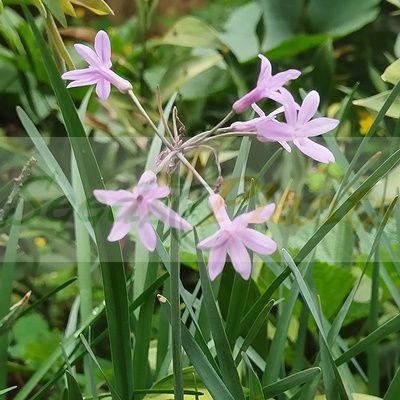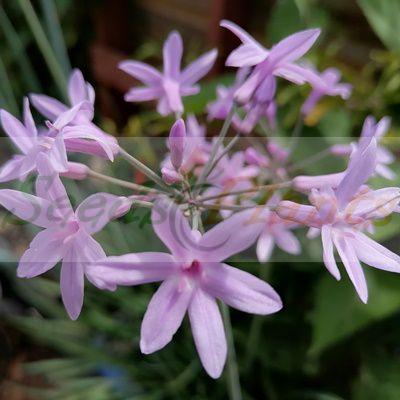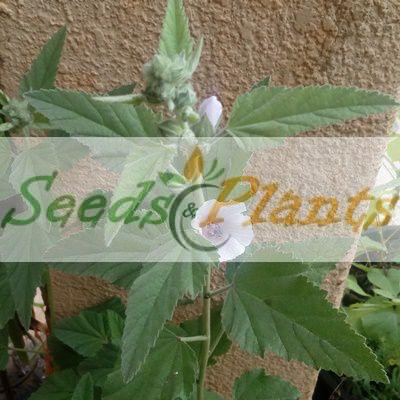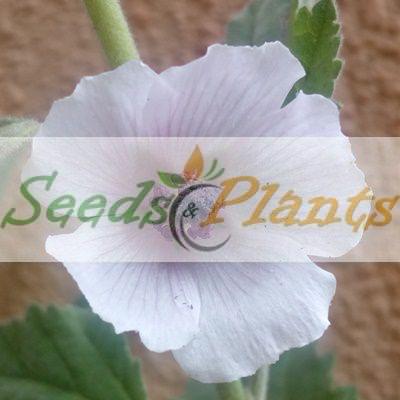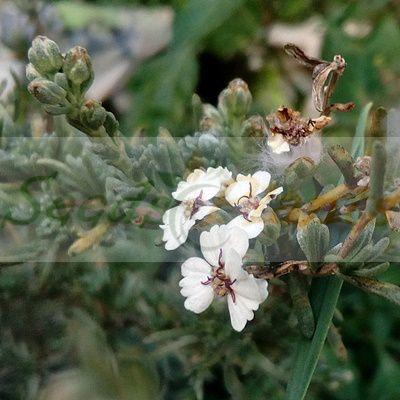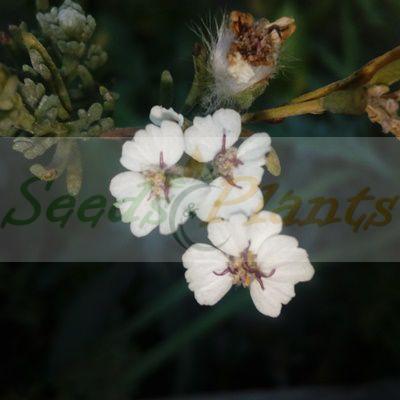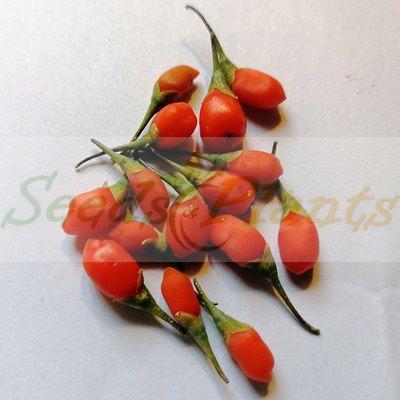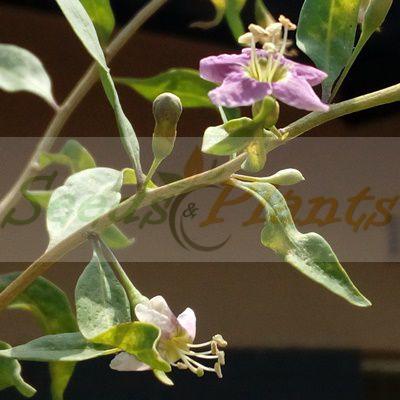🌿 Herbal Quick Facts
Medicinal Info
- 🌍 Origin / Region: Mediterranean
- 🌿 Medicinal Part: Flower, Leaf, Stem
- 🍵 Herbal Preparation: Essential Oil, Extract / Tincture, Infusion / Tea
- ⚕️ Healing System: European Traditional Medicine
Growth Traits
- 🌱 Life Cycle: Perennial
- 🦋 Pollinator Method: Attracts Bees, Attracts Butterflies, Attracts Moths
- 🪴 Growth Habit: Bushy
- 🌿 Foliage Type: Evergreen
- 🌸 Flower Color: Blue-purple, Lavender
Growing Requirements
- 🌞 Sun Exposure: Full Sun
- 💧 Water Needs: Avoid Overwatering, Low Water
- ☀️ Growing Conditions: Cold Tolerant, Drought Tolerant
- 🟤 Soil Preference: Chalky, Gravel, Loam, Poor Soil Tolerant, Well-Drained
English Lavender – 50 Seeds
(Lavandula angustifolia)
R30.00
This Lavender variety is a widely grown garden plant, and produces an essential oil that is delicate, floral, and a bit sweet.
Common Names: True lavender, garden lavender, common lavender and narrow-leaved lavender.
Indoor Sowing: Cold Stratification and then sow in Late Winter.
Direct Sowing: Late Autumn.
Only 4 left in stock
🌿 Herbal Quick Facts
Medicinal Info
- 🌍 Origin / Region: Mediterranean
- 🌿 Medicinal Part: Flower, Leaf, Stem
- 🍵 Herbal Preparation: Essential Oil, Extract / Tincture, Infusion / Tea
- ⚕️ Healing System: European Traditional Medicine
Growth Traits
- 🌱 Life Cycle: Perennial
- 🦋 Pollinator Method: Attracts Bees, Attracts Butterflies, Attracts Moths
- 🪴 Growth Habit: Bushy
- 🌿 Foliage Type: Evergreen
- 🌸 Flower Color: Blue-purple, Lavender
Growing Requirements
- 🌞 Sun Exposure: Full Sun
- 💧 Water Needs: Avoid Overwatering, Low Water
- ☀️ Growing Conditions: Cold Tolerant, Drought Tolerant
- 🟤 Soil Preference: Chalky, Gravel, Loam, Poor Soil Tolerant, Well-Drained
English Lavender (Lavandula angustifolia) is a flowering plant in the family Lamiaceae, native to the Mediterranean. Its common names include lavender, true lavender or English lavender, garden lavender,common lavender and narrow-leaved lavender. This variety is a widely grown garden plant, and produces an essential oil that is delicate, floral, and a bit sweet.
English lavender grows up to 2 feet tall and 3 feet wide. It blooms in the summer and has aromatic leaves, flowers, and dry seed heads. This plant is the source of the true oil of lavender. The flowers can be dried and used in potpourri. Cut it back yearly and remove the spent flower spikes after the flowers fade.
Growing English Lavender
Indoor Sowing: Cold Stratification and then sow in Late Winter.
Direct Sowing: Late Autumn.
- It can take one to three months for lavender seeds to germinate, so start early and be patient.
- For indoor sowing, first cold stratify the seeds for 30 days and then sow seeds in Late Winter.
- For direct sowing, sow the seeds in Late Autumn and germination will start taking place the following Spring.
- Use shallow seed trays and just barely cover the seeds with soil.
- Use a light soil or a vermiculite blend.
- Keep the seeds moist but not overly wet.
- A sunny spot is a great location to keep the soil from getting too wet and to add warmth.
- Your lavender seedlings will be ready to transplant once they have several leaves per plant.
- Your first year of growth will not be impressive, but by year two, expect to have large, blooming lavender.
- Prune lightly after flowering to maintain a compact shape.
- Plant 30cm apart for a hedge or border.
Disclaimer
Medicinal Information:
All medicinal information on this website is for educational and informational purposes only and may not be construed as medical advice. The information is not intended to replace medical advice or treatment offered by healthcare professionals.
Seeds, Plants, Plant Cuttings, Geophytes and Dried Herbs:
In some countries and provinces, certain plants are deemed as invasive and are not allowed to be planted at all, whilst some plants are allowed to be grown only in certain areas or provinces. The onus is on you as the buyer to familiarize yourself with the regulations pertaining to your location, before purchasing any of our seeds, plants, plant cuttings, geophytes or dried herbs. We will not be held liable, should you purchase any seeds, plants, plant cuttings, geophytes or dried herbs. from us which are prohibited in your country or province.

